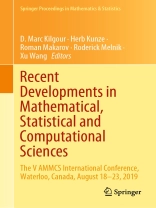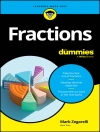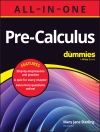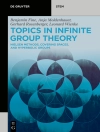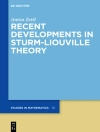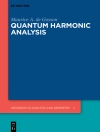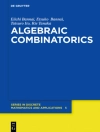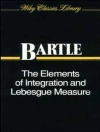This book constitutes an up-to-date account of principles, methods, and tools for mathematical and statistical modelling in a wide range of research fields, including medicine, health sciences, biology, environmental science, engineering, physics, chemistry, computation, finance, economics, and social sciences. It presents original solutions to real-world problems, emphasizes the coordinated development of theories and applications, and promotes interdisciplinary collaboration among mathematicians, statisticians, and researchers in other disciplines.
Based on a highly successful meeting, the International Conference on Applied Mathematics, Modeling and Computational Science, AMMCS 2019, held from August 18 to 23, 2019, on the main campus of Wilfrid Laurier University, Waterloo, Canada, the contributions are the results of submissions from the conference participants. They provide readers with a broader view of the methods, ideas and tools used in mathematical, statistical andcomputational sciences.
表中的内容
S. M. Dastjerdi, A. Hormozi Nejad, K. Gharali and J. Nathwani, Numerical investigation of VAWT airfoil shapes on power extraction and self-starting purposes.- O. Abu and I. I. Ayogu, An Optimal Control Strategy for a Malaria Model.- L. Feng and X. Wang, Automate Obstructive Sleep Apnea Diagnosis Using Convolutional Neural Networks.- M. Rezaeian, M. Soltani and F. M. Kashkooli, On the modeling of drug delivery to solid tumors; computational viewpoint.- A. F. Ivanov and Z. A. Dzalilov, Oscillations and Periodic Solutions in a Two-Dimensional Differential Delay Model.- K. R. Green and R. J. Spiteri, Solving cardiac bidomain problems with B-spline adaptive collocation.- A. Sowa, Toral diffeomorphisms induce quantum superoperators via TAQS.- N. Mudalige, BOLD.R: A software package to interface with BOLD through R.- E. I. Verriest, Properties of the Zeros of the Scale-Delay Equation and Its Time-Variant ODE Realization .- M. Ashrafizaadeh, A. Ghavaminia, Development of a lattice Boltzmann model for the solution of partial differential equations, A performance comparison study with that of the finite difference method.- M. Ashrafizaadeh, F. Gharibi and S. M. Khatoonabadi, An extended pseudo potential multiphase lattice Boltzmann model with variable viscosity ratio.- M. Ahmed and S. A. Campbell, Effect of genetic defects in a cortical circuit model associated with childhood absence epilepsy.- P. C. Jentsch and C. L. Nehaniv, Exploring Tetris as a Transformation Semigroup.- W. M. Abdullah, S. Hossain and M. A. Khan, Covering Large Complex Networks by Cliques – A Sparse Matrix Approach.- T. Migot and Monica-G. Cojocaru, Revisiting Path-Following to Solve the Generalized Nash Equilibrium Problem.- H. Shaheen, R. Melnik and S. Singh, Analysis of Cortical Spreading Depression in Brian with Multiscale Mathematical Models.- M. Syed Usama and N. A. Malik, A Comparison of Turbulence Generated by 3DS Sparse Grids With Different Blockage Ratios and Different Co-Frame Arrangements.- R. Fallahpour and R. Melnik, Numerical Analysis of Nanowire Resonators for Ultra-High Resolution Mass Sensing in Biomedical Applications.- I. Farahbakhsh and C. L. Nehaniv, Spatial Iterated Prisoner’s Dilemma as a Transformation Semigroup.- L. Graham, M. Demers, Applying Neural Networks to a Fractal Inverse Problem.- D. St Jean, H. Kunze and D. Gillis.- Evaluating a logistic k-mer based model for classifying CO1 sequences of C. clupeaformis.- A. Egri-Nagy and C. L. Nehaniv, A Bestiary of Transformation Semigroups for the Holonomy Decomposition.- R. Xu and R. N. Makarov, High-Frequency Statistical Modelling for Jump-Diffusion Multi-Asset Price Processes with a Systemic Component.- M. M. Mukhopadhyay and R. N. Makarov, Calibration and Analysis of Structural Credit Risk Models with Occupation Time.- N. Mattia Marazzi, V. H. Huxley, R. Sacco and G. Guidoboni, Quantitative study of the coupling among cardiovascular system, lymphatic system and interstitial space.
